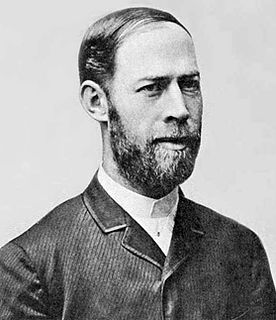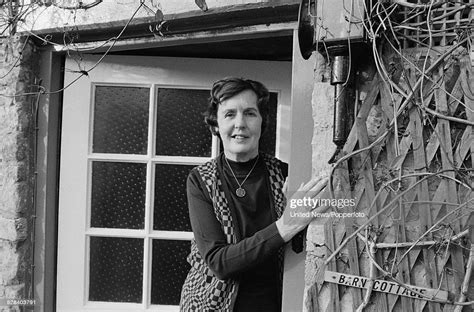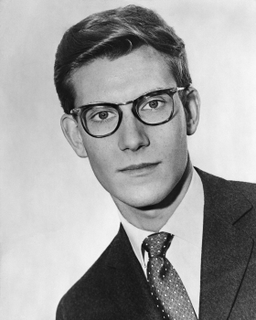A Quote by Dorothea Johnson
The soul of politeness is not a question of rules but of tranquility, humility, and simplicity. And in the taking of tea it finds perhaps its most perfect expression.
Quote Topics
Related Quotes
It is almost impossible to overestimate the value of true humility and its power in the spiritual life. For the beginning of humility is the beginning of blessedness and the consummation of humility is the perfection of all joy. Humility contains in itself the answer to all the great problems of the life of the soul. It is the only key to faith, with which the spiritual life begins: for faith and humility are inseparable. In perfect humility all selfishness disappears and your soul no longer lives for itself or in itself for God: and it is lost and submerged in Him and transformed into Him.
The tea ceremony requires years of training and practice ... yet the whole of this art, as to its detail, signifies no more than the making and serving of a cup of tea. The supremely important matter is that the act be performed in the most perfect, most polite, most graceful, most charming manner possible.
For nowhere either with more quiet or more freedom from trouble does a man retire than into his own soul, particularly when he has within him such thoughts that by looking into them he is immediately in perfect tranquility; and I affirm that tranquility is nothing else than the good ordering of the mind.
Prison life taught him how little one can get along with, and what extraordinary spiritual freedom and peace such simplification can bring. I remember again, ironically, that today more of us in the world have the luxury of choice between simplicity and complication of life. And for the most part, we, who could choose simplicity, choose complication. War, prison, survival periods, enforce a form of simplicity on us. The monk and the nun choose it of their own free will. But if one accidentally finds it, as I have for a few days, one finds also the serenity it brings.
Our confused wish finds expression in the confused question as to the nature of force and electricity. But the answer which we want is not really an answer to this question. It is not by finding out more and fresh relations and connections that it can be answered; but by removing the contradictions existing between those already known, and thus perhaps by reducing their number. When these painful contradictions are removed, the question as to the nature of force will not have been answered; but our minds, no longer vexed, will cease to ask illegitimate questions.
Perhaps there can be too much making of cups of tea, I thought, as I watched Miss Statham filling the heavy teapot. Did we really need a cup of tea? I even said as much to Miss Statham and she looked at me with a hurt, almost angry look, 'Do we need tea? she echoed. 'But Miss Lathbury...' She sounded puzzled and distressed and I began to realise that my question had struck at something deep and fundamental. It was the kind of question that starts a landslide in the mind. I mumbled something about making a joke and that of course one needed tea always, at every hour of the day or night.
There is a spiritual capacity in carbon as there is a carbon component functioning in our highest spiritual experience. If some scientists consider that all this is merely a material process, then what they call matter, I call mind, soul, spirit, or consciousness. Possibly it is a question of terminology, since scientists too on occasion use terms that express awe and mystery. Most often, perhaps, they use the expression that some of the natural forms they encounter seem to be "telling them something."



































